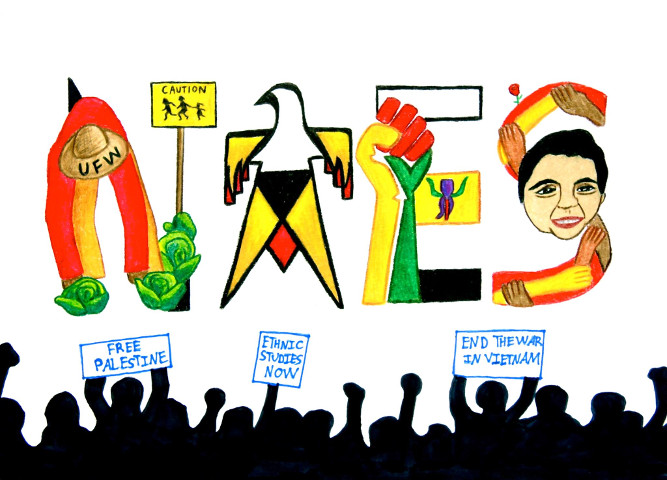Ethnic Studies Review

Orginal Publication Date
2010
Journal Title
Ethnic Studies Review
Volume
33
Issue
esr/vol33/iss1
First Page
158
Last Page
169
Abstract
Women of every culture face a similar problem: loss of voice. Their lives are permeated with silence. Whether their silence results from a patriarchal society that prohibits women from asserting their identity or from a social expectation of gender roles that confine women to an expressive domain-submissive, nurturing, passive, and domestic-rather than an instrumental role where men are dominant, affective and aggressive-women share the common bond of a debilitating silence. Maria Racine, in her analysis of Janie in Zora Neale Hurston's Their Eyes Were Watching God, reaffirms the pervasiveness of this bond: "For women, silence has crossed every racial and cultural boundary" (283). Indeed, Elaine Mar, a Chinese-American writer, in her memoir, Paper Daughter, elucidates the implications of silence for women, "Like Mother I was learning to disappear. Frequently, I sought refuge with her in the basement room, in the silence of empty spaces. But I was also learning to vanish in full sight of others, retreating into myself when physical flight wasn't possible. My voice withered. Silent desire parched my throat" (48). Silence and loss of voice debilitate and stifle women, as they are forced to sublimate their identity in order to survive in their worlds.
Rights
Copyright ©ESR, The National Association for Ethnic Studies, 2010



Comments
Comparative Immigrant & Gender Considerations